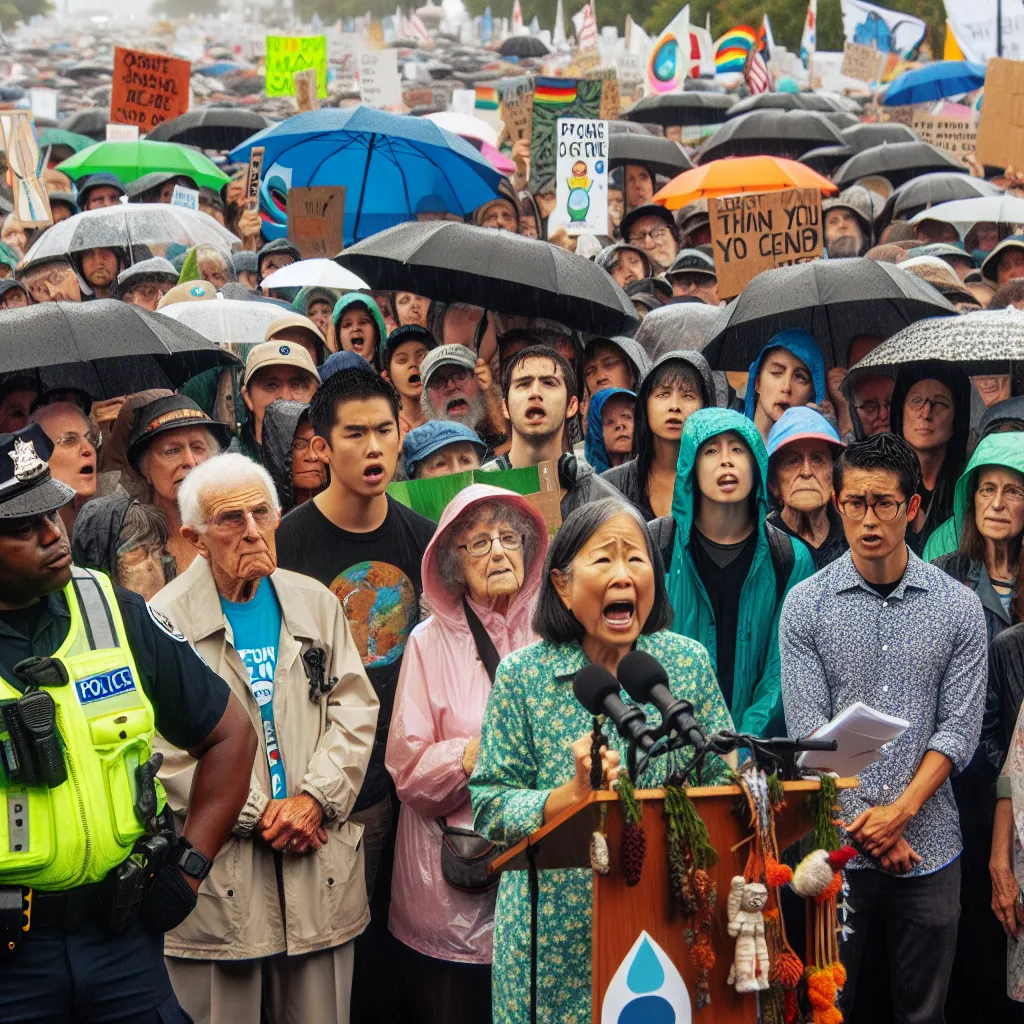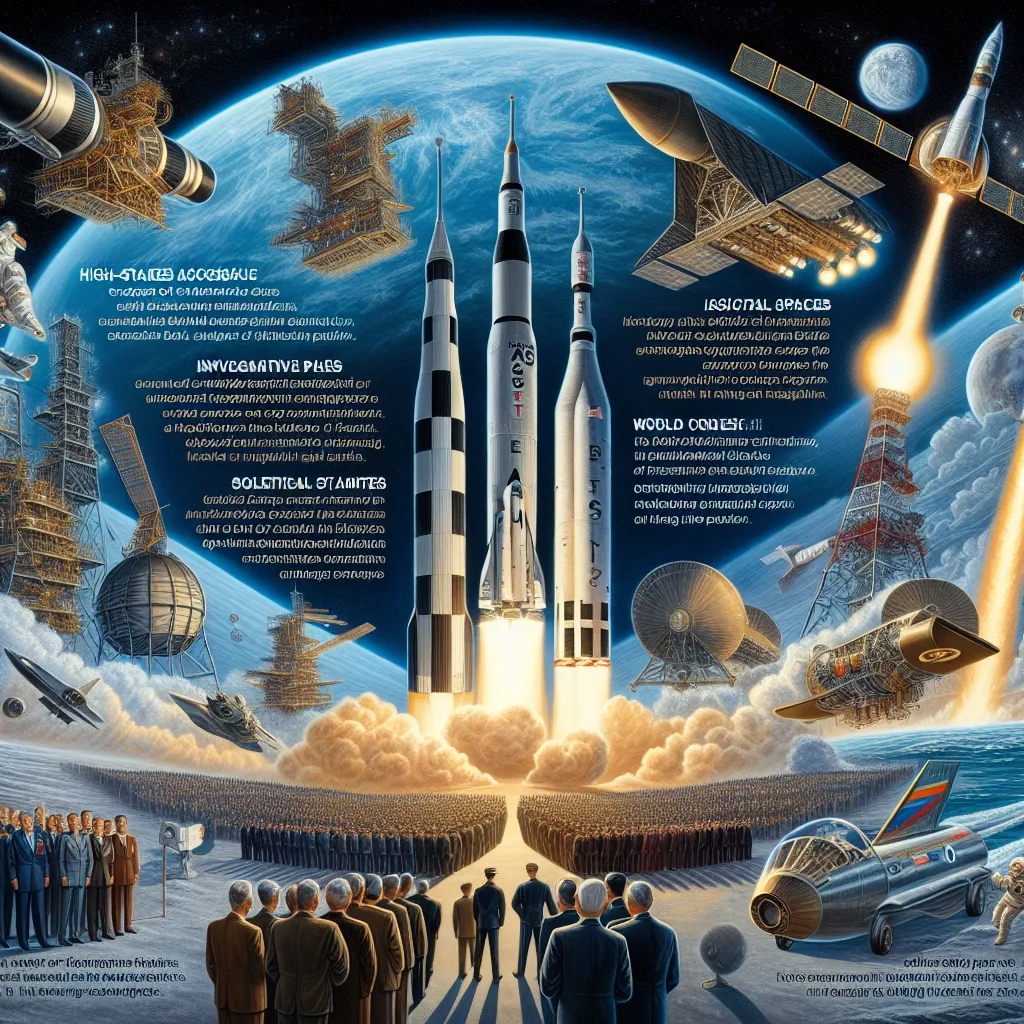It was a rainy day, but the spirit in the air was anything but damp. The sheer energy of the crowd, united by a singular concern for the future, was palpable. The rally wasn’t just an event; it was a cry for change, a collective plea for addressing the looming climate crisis.
As we gathered, a profound sense of urgency filled our hearts. We knew that if we couldn’t connect emotionally with our audience, we might never solve the grave environmental issues facing us. The traffic jams caused by our protests weren’t the goal but a necessary disruption to get our message heard. And today, it was.
I remember someone asking if shutting down Heathrow was the plan. It wasn’t about causing disruption. Our message was crucial, and the demonstration was to amplify our voice. The police mingled among us, and some even understood our cause, but their duty compelled them to maintain order.
We swarmed the streets, with more and more people joining by the day. It was growing into a robust movement; tents popped up like mushrooms. Each person committed, determined to stay until the government took meaningful action. This wasn’t just a rally; it was a rebellion, one with clear demands and a resolve to see them met.
One of the organizers spoke of contingency plans—if we were moved, we’d simply reoccupy. It was about tenacity, not chaos. The police had other ideas, of course. We knew they would attempt to clear us out, but our resolve was firm.
In one poignant moment, someone directed us to a people’s assembly. The topic was heavy: how to raise awareness and hold our collective grief in the face of a planetary crisis. Emotions ran high, but clarity shone through the chaos.
Then came news that the police had a crane ready to dismantle our setup. We needed more hands for the blockade and more resolve to stand firm. Arrestable volunteers were crucial, but so were tactics and strategy. Our coordination was often on-the-fly, but it had to be done.
Despite the arrests and looming threats of force, we managed to hold assemblies, plan our next moves, and keep the movement alive. We had a boat—a symbol of hope and life—which the police were adamant about removing. The boat’s presence struck a chord, representing humor and life amidst the grave urgency of our message.
The police began to tightrope walk between maintaining order and confronting a movement growing too large to ignore. Massive Attack’s 3D lent their voice, bringing even more attention to our cause. Our gatherings weren’t just about protest; they were community-building events, where ideas were shared, and future actions were planned.
Politicians, too, began to take notice. We secured meetings, including one with Michael Gove, showing that our efforts in civil disobedience were starting to force the hand of those in power. But these were just the beginning steps, the groundwork for what needed to be a much larger and ongoing effort.
By the end of the rally, the police had packed up and left parts of our protest intact. It felt like a minor victory in a long and arduous battle. We were realistic; the fight was far from over, and the road ahead would require even more energy, creativity, and unity.
As we wrapped up, the feeling was bittersweet. We were exhausted but invigorated, aware that what we were doing was essential. We felt our collective strength and the power of our voices. The rebellion wasn’t just an event; it was a promise to stay vigilant, stay vocal, and never let complacency steal the future we knew was possible.
Leaving the site, everyone knew this was just the beginning. We were ready for more, prepared to escalate if ignored. A thousand police might dismantle a boat, but they couldn’t sink the tide of change that was rising. We were in it for the long haul, and nothing less than a transformed system would suffice.
As the sun set, we knew that every small victory was a step toward a larger goal. There was hope, and with it, the relentless drive to keep the rebellion alive.






